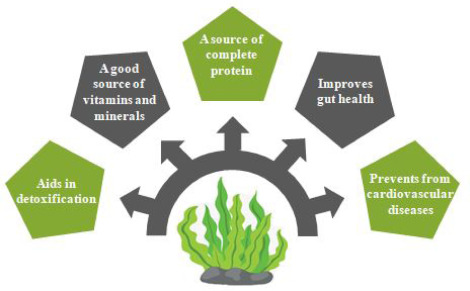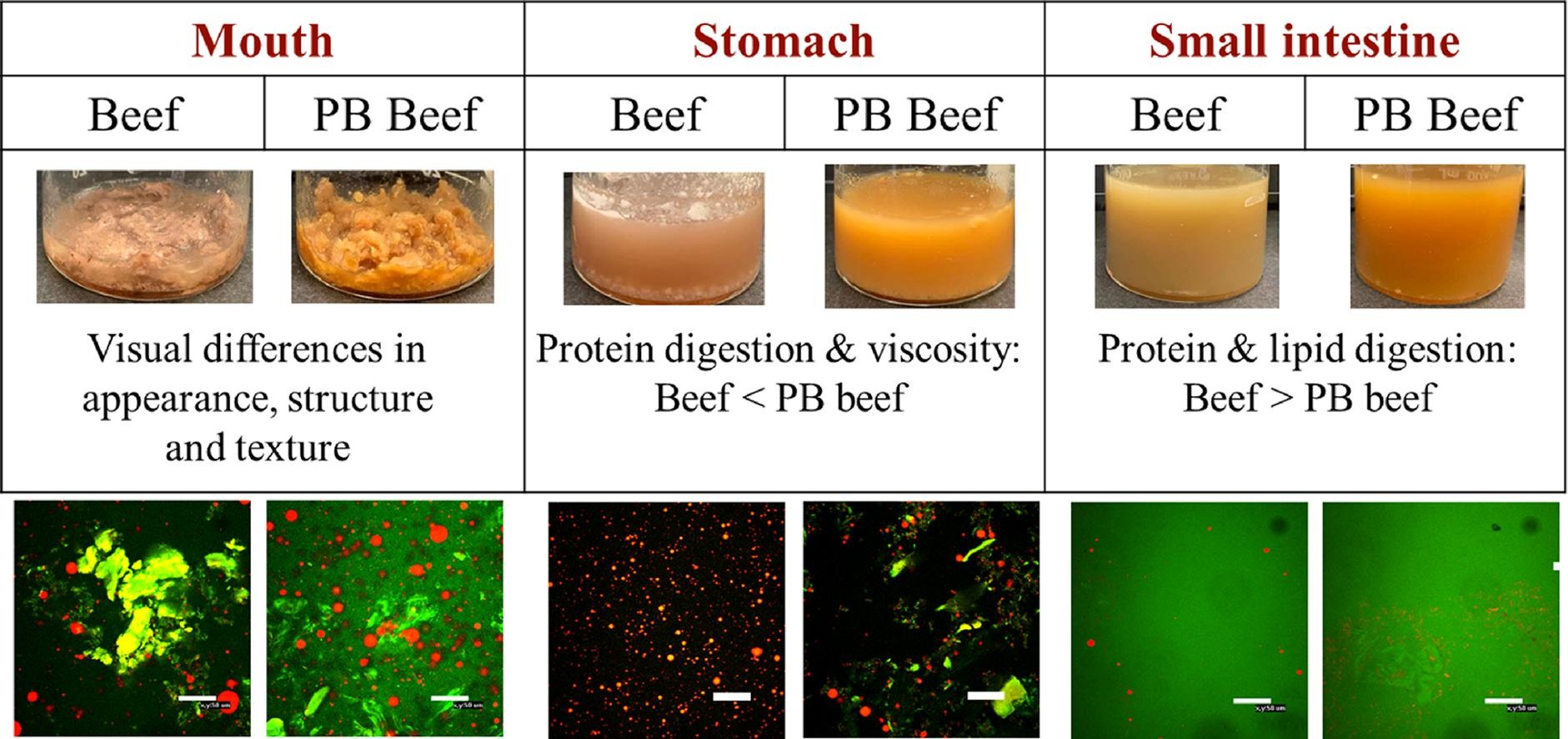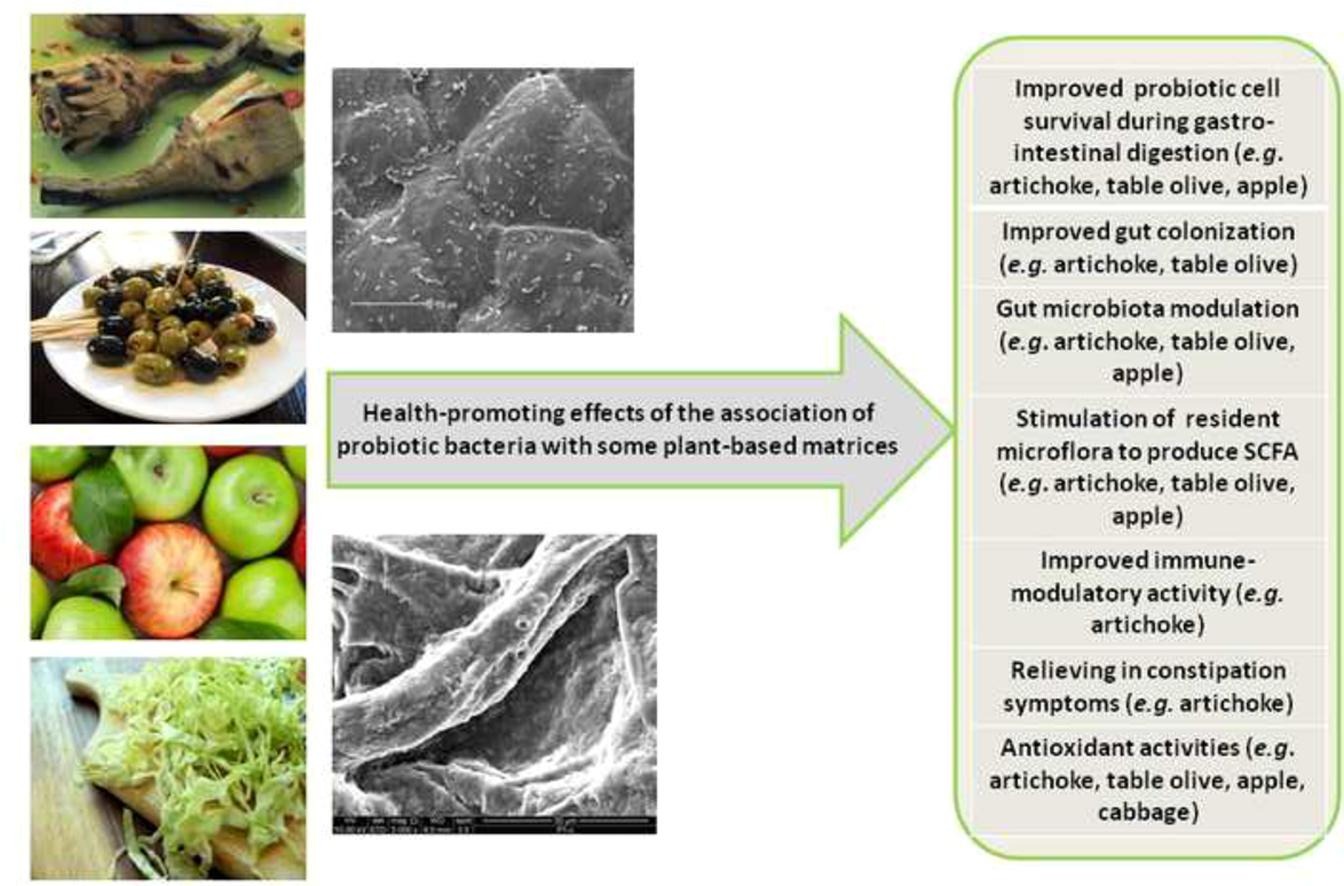The expansion and integration of plant-based foods into mainstream diets have profound implications for the United Nations Sustainable Development Goals (SDGs), offering a multifaceted approach to addressing some of the most pressing global challenges.
Impact on SDG 2 (Zero Hunger): Plant-based foods provide alternative sources of protein and essential nutrients, which are crucial in combatting global hunger. In areas where access to animal protein is limited or unsustainable, plant-based options can offer a viable solution. By diversifying the food supply with plant-based products, we can enhance food security and ensure a more equitable distribution of food resources. This is particularly relevant in regions facing challenges due to climate change, land degradation, or water scarcity, where plant-based agriculture may offer a more resilient and sustainable approach to food production.
Contribution to SDG 12 (Responsible Consumption and Production): The shift towards plant-based diets represents a paradigm shift in how we view food consumption and production. This transition is aligned with the principles of responsible consumption, as plant-based diets typically require fewer natural resources, such as land and water, and result in lower levels of waste and pollution. The adoption of these diets encourages a more sustainable food system that minimizes environmental degradation and promotes the efficient use of resources.
Relation to SDG 13 (Climate Action): The production of plant-based foods is generally associated with lower greenhouse gas emissions compared to animal-based foods. Livestock farming is a significant contributor to methane and CO2 emissions, two potent greenhouse gases. By reducing reliance on animal agriculture and increasing the consumption of plant-based foods, we can significantly reduce our carbon footprint and contribute to the global effort to mitigate climate change.
Support for SDG 15 (Life on Land): Plant-based agriculture has a less detrimental impact on biodiversity and ecosystems compared to animal farming. It requires less land, which can help reduce the pressure on forests and natural habitats, thereby supporting biodiversity conservation. By minimizing land use for agriculture, we can protect natural ecosystems, preserve wildlife, and maintain the ecological balance.
Enhancement of SDG 3 (Good Health and Well-being): Plant-based diets are often rich in essential nutrients, vitamins, and minerals, while typically being lower in saturated fats and cholesterol. This can lead to numerous health benefits, including reduced risk of chronic diseases such as heart disease, obesity, and certain types of cancer. The promotion of plant-based diets can therefore play a crucial role in improving public health outcomes and enhancing overall well-being.
The adoption of plant-based foods aligns closely with the objectives of several SDGs. It offers a holistic solution to environmental challenges, health issues, and food security concerns. As the world seeks sustainable paths towards development, the role of plant-based diets becomes increasingly important in achieving these global goals.
International Day of Plant Health 2026
The International Day of Plant Health is observed each year on May 12. Established by the United Nations and supported by the Food and Agriculture Organization, the day raises awareness about the role of plant health in protecting food security, environmental balance, and economic stability. This observance encourages action to prevent the spread of plant pests and diseases, which threaten crops, livelihoods, and the planet’s ecosystems.
The eminent protein sources among the vegetarian population include cereals and pulses that do not satisfy the Recommended Dietary Allowance (RDA) level. The anti-nutrients such as protease inhibitors are responsible for the diminished bioavailability of plant protein. Consumption of a protein deficit diet severely impacts muscle health; hence, it becomes necessary to design an alternative source of complete protein. One such non-meat source with all essential amino acids in required quantity is seaweeds, an aquatic plant.
Proteins serve as an imperative macronutrient in human nutrition and well-being. Their nutritional quality substantially varies with their digestibility, amino acid profile, bioavailability, processing and purity. From a nutritional viewpoint, the ideal integration of proteins from diverse plant sources can supply an adequate amount of essential amino acids to fulfil human health needs. The use of plant-derived proteins has recently gained momentum due to their multifaceted edible and nonedible applications and their biodegradable nature.
Plant-based meat analogs are likely to have different gastrointestinal fates than real meat products due to differences in their compositions and structures. Here, we compared the gastrointestinal fate of ground beef and ground beef analogs using the INFOGEST in vitro digestion model, focusing on differences in microstructure, physicochemical properties, lipid digestion, and protein digestion in different regions of the model gut.
The global market for plant-based foods intended as alternatives to cheese products is increasing and will reach almost $4 billion by 2024. In this study, an evaluation of the composition, structure and physicochemical properties of four commercial plant-based block-style products was conducted, with results compared with those for Cheddar and processed cheeses. The plant-based products had considerably lower protein contents (0.11–3.00%) compared to the Cheddar and processed cheeses (25.04 and 18.50%, respectively).
The performance of probiotic bacterial strains is influenced by the carrier food and its functional components which while buffering the probiotic through the gastro-intestinal tract, contribute to an efficient implantation of bacterial cells and regulate probiotic features. Particularly, plant-based matrices are eligible substrate for hosting and delivering microbial populations because of their richness in nutrients, fibers, vitamins, minerals and dietary bioactive phytochemicals.
A nudge experiment was performed to evaluate the effectiveness of presenting a menu with the dish-of-the-day (DoD) vs. a menu with free choice to facilitate consumer choice towards a fully plant-based, nutritious and tasty meal in foodservice setting. A menu card in control condition included the appetizer, the three mains and a dessert. The menu card in the intervention included the appetizer, eggplant lasagne as the DoD, and the dessert. Thirty-three volunteers ate twice at Future Consumer Lab in Copenhagen, once in each condition (67% women; mean age 25y; SD2.1).
Dealing with current and future global challenges, corporate social responsibility has become a key element for sustainable and responsible companies. Roquette, a family-owned group, leader in plant-based ingredients for Food, Nutrition and Health markets, has implemented a sustainable development approach applicable to all its worldwide activities. This “sustainable journey” is based on 4 pillars: sourcing, innovating, biorefining and acting.





